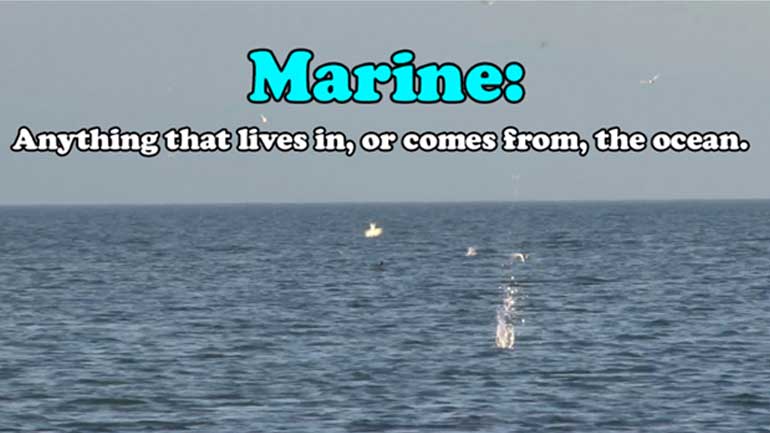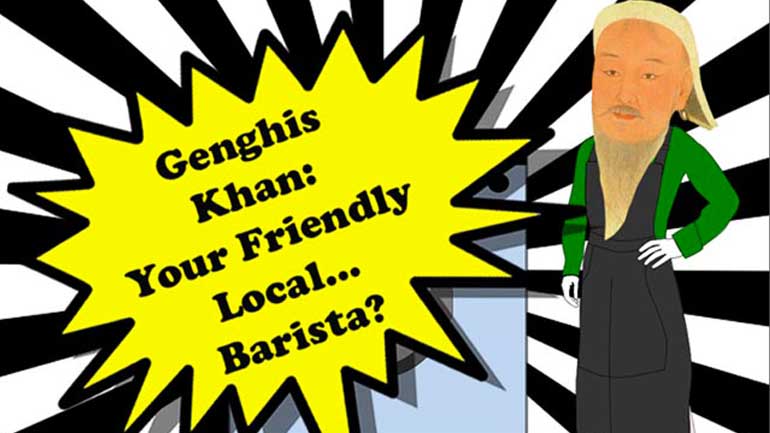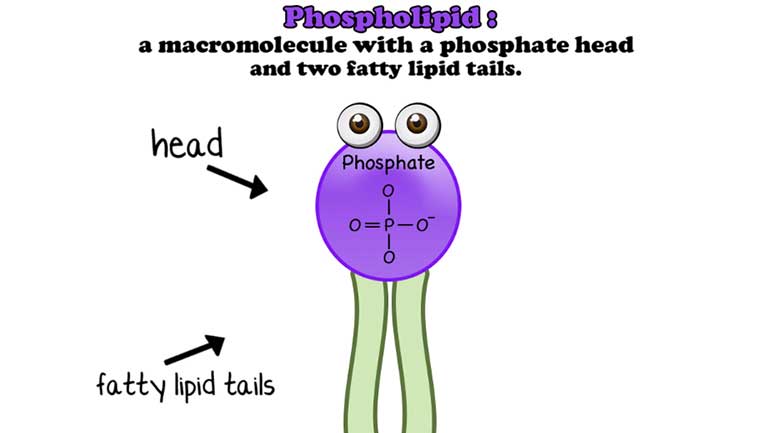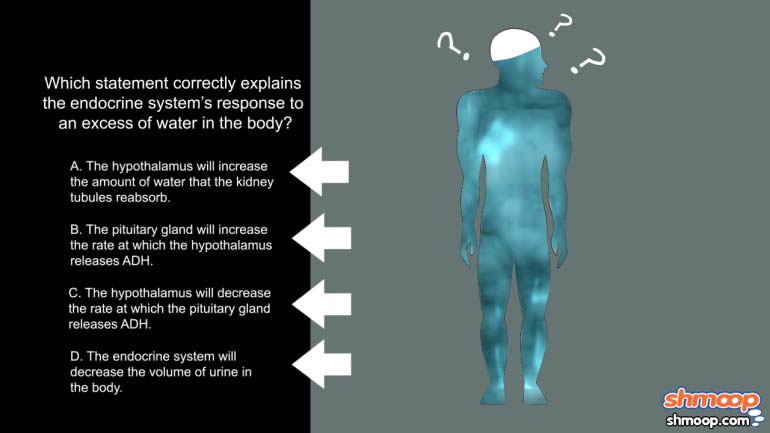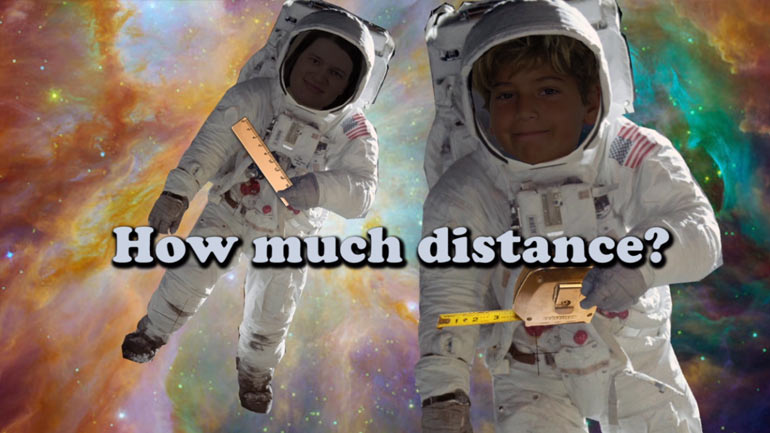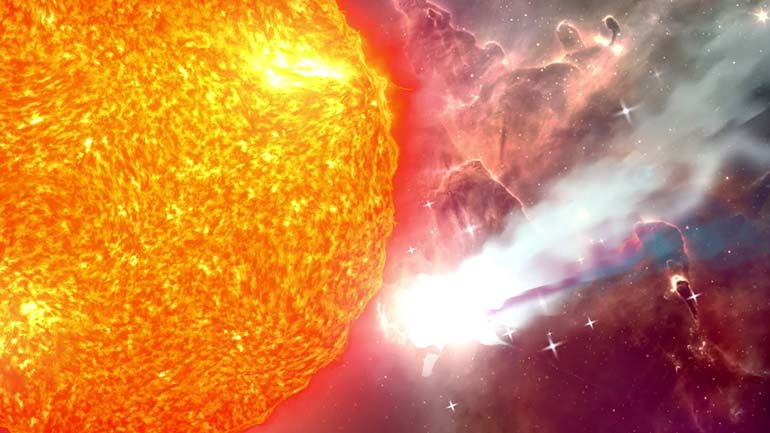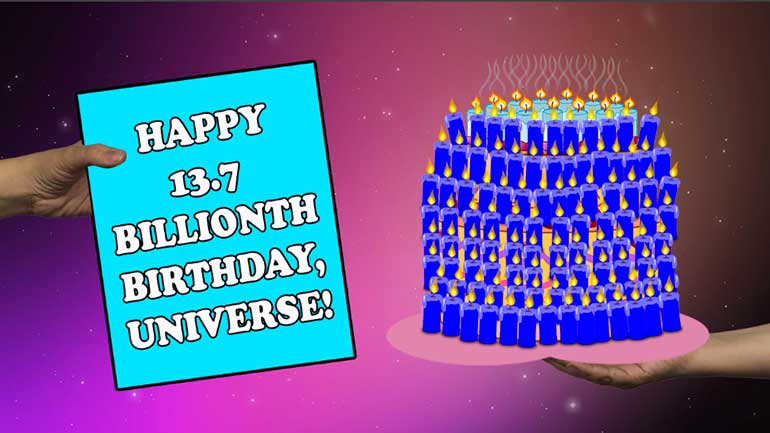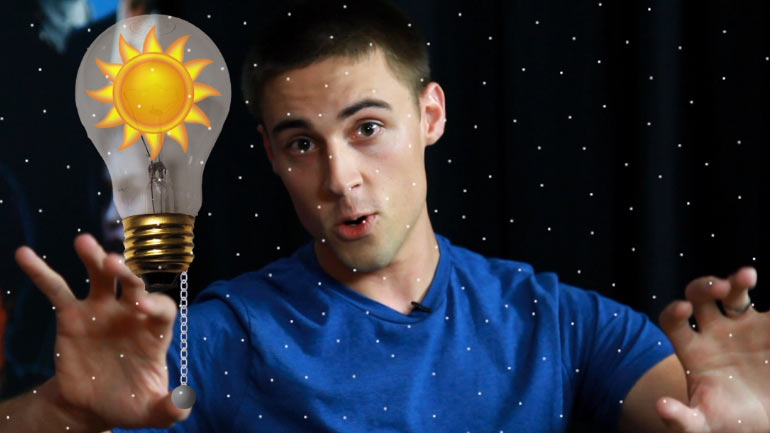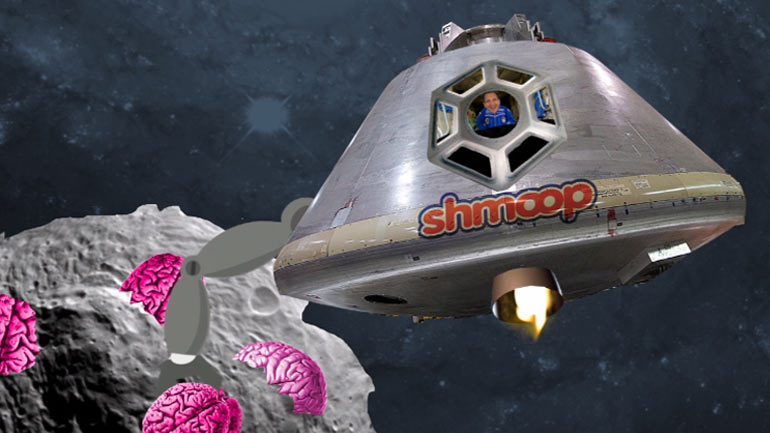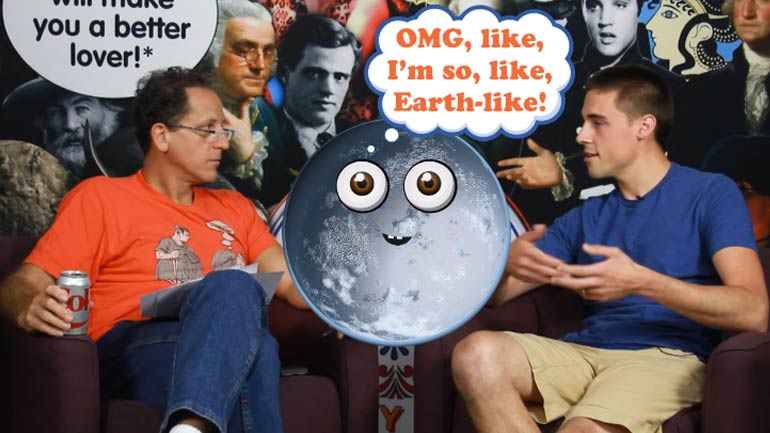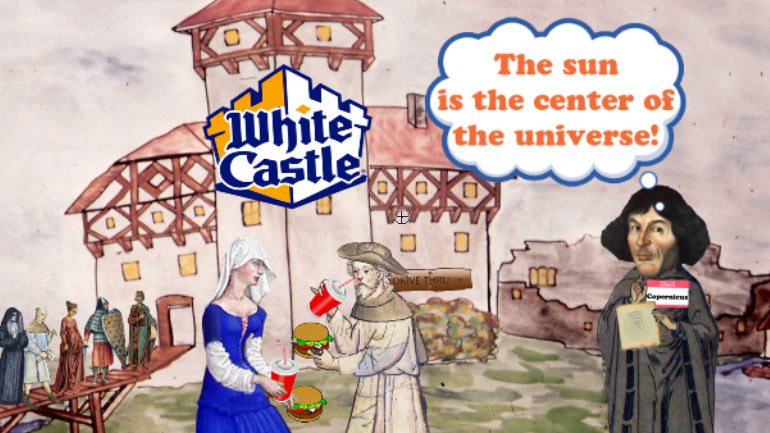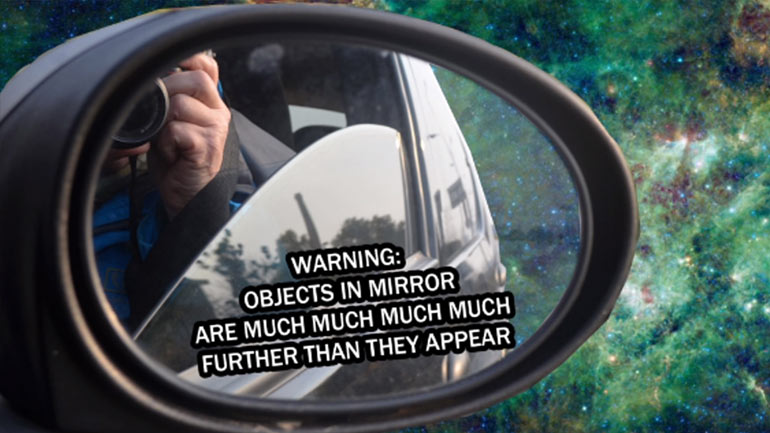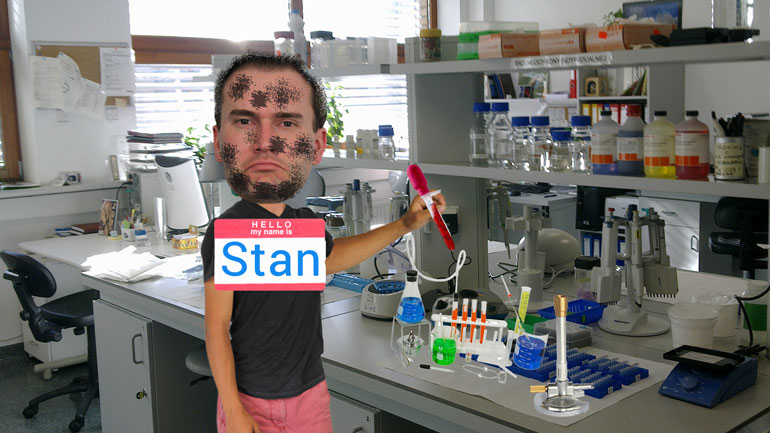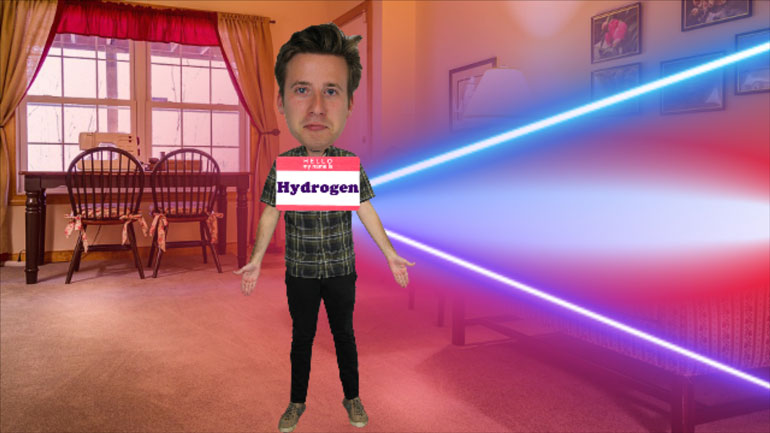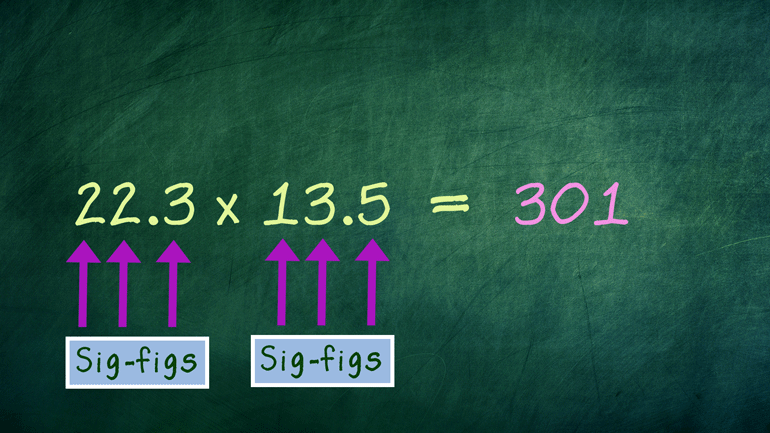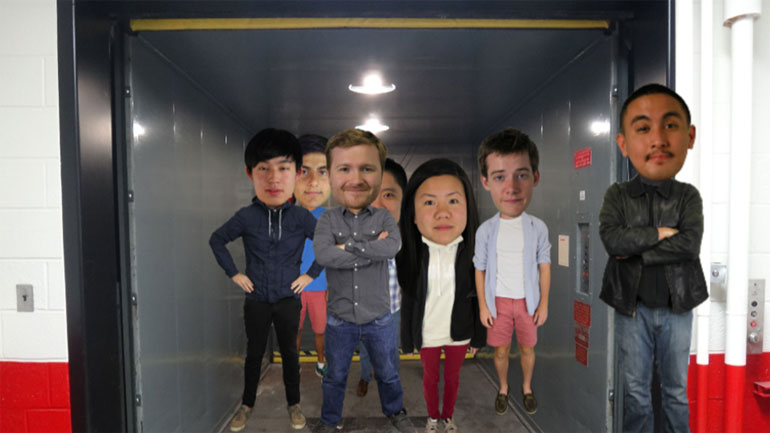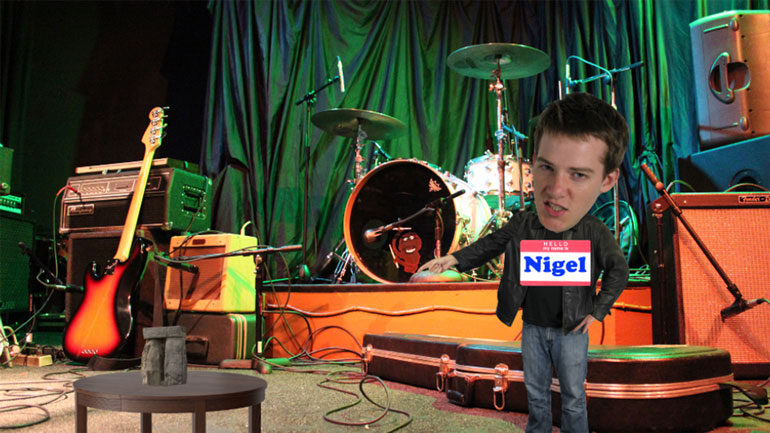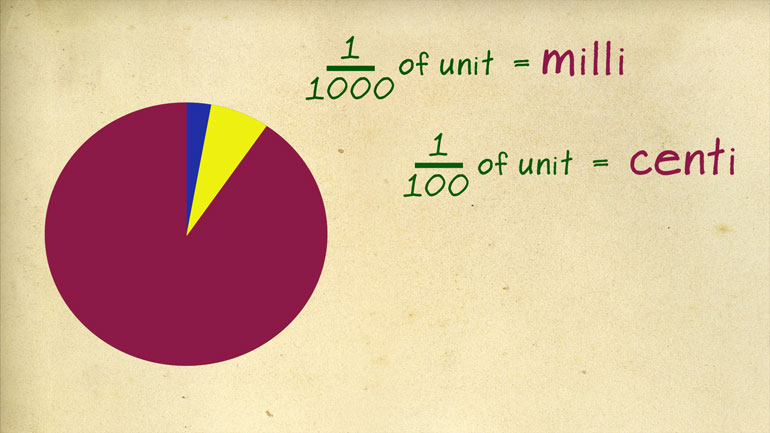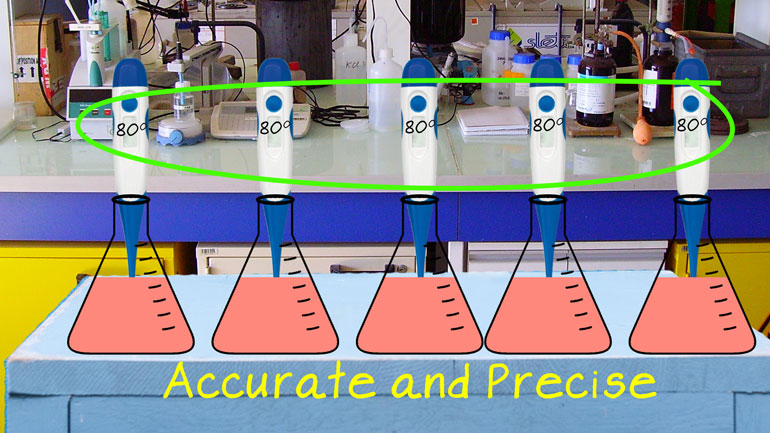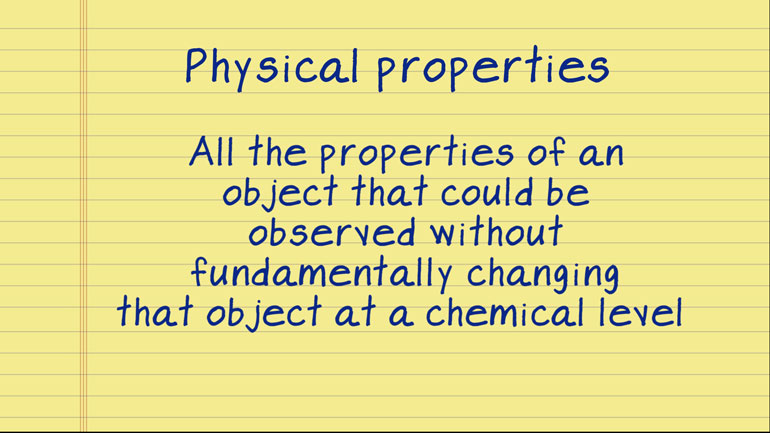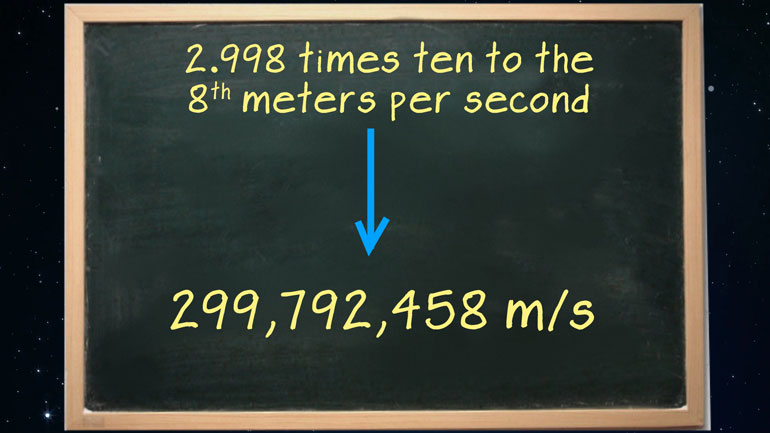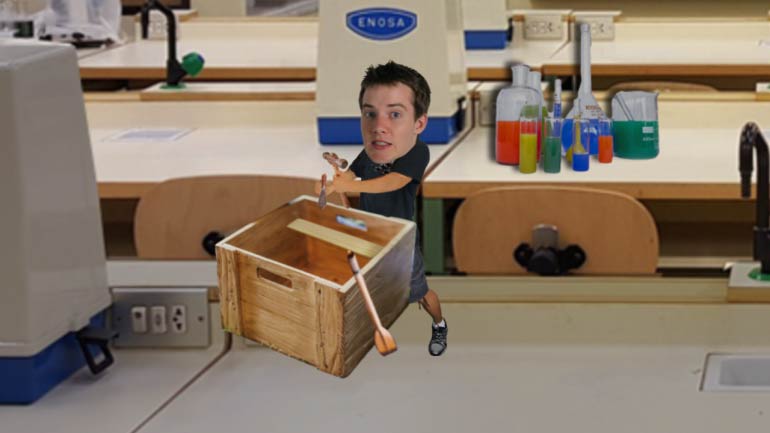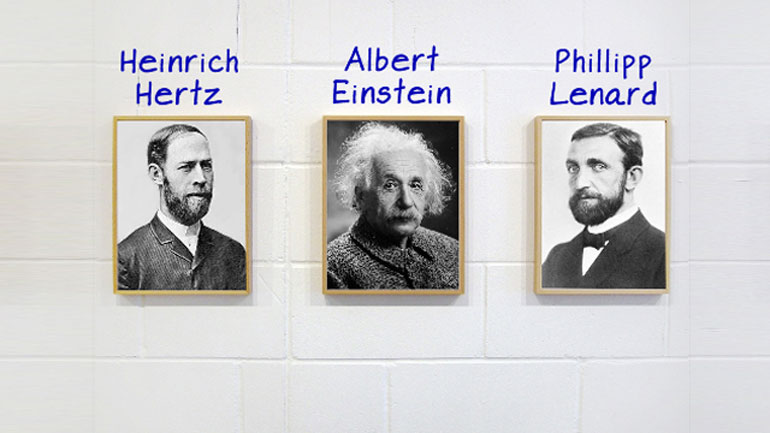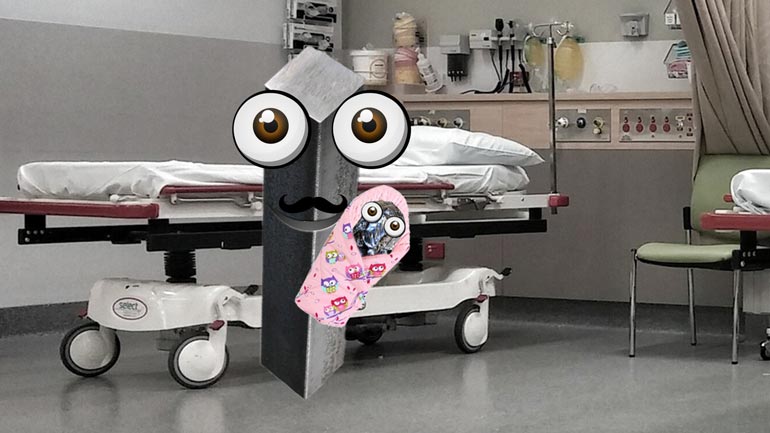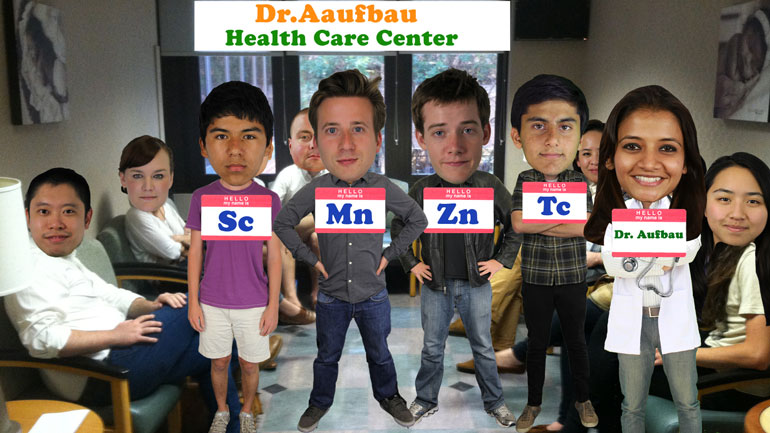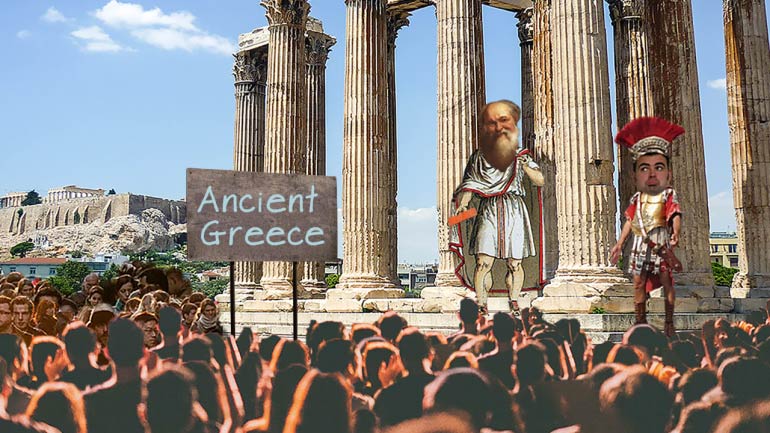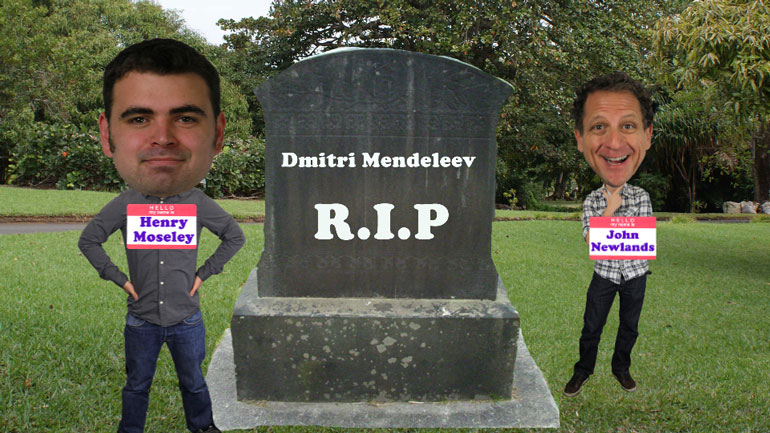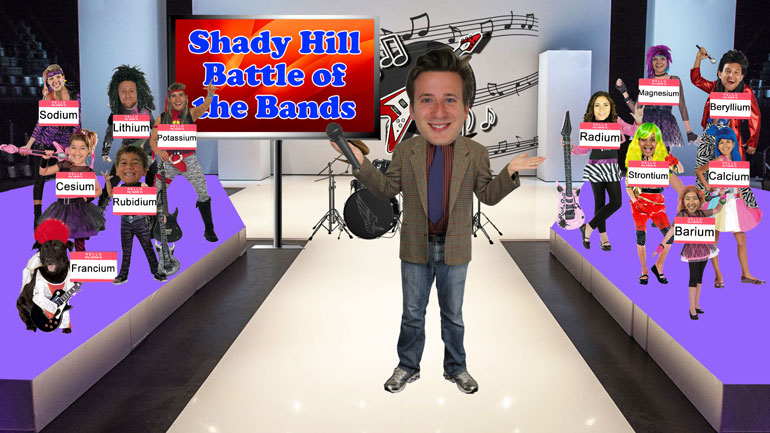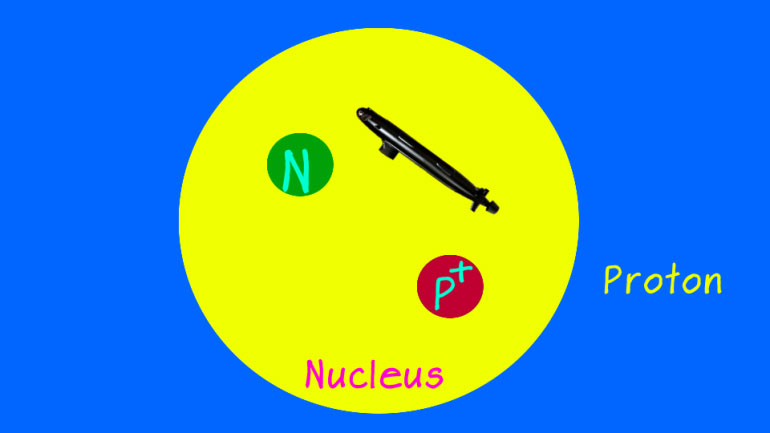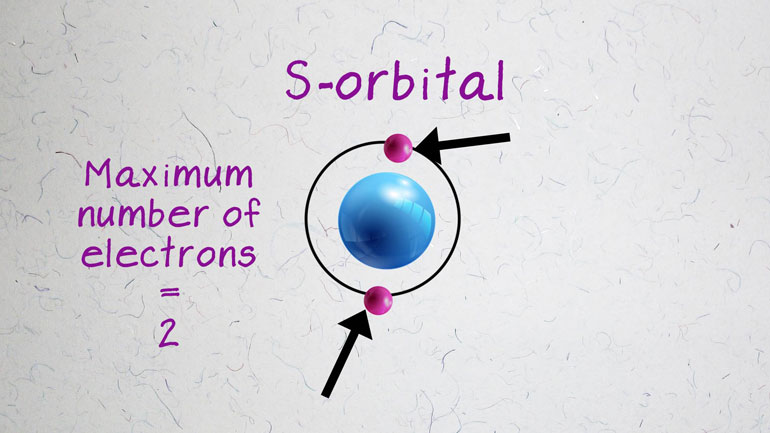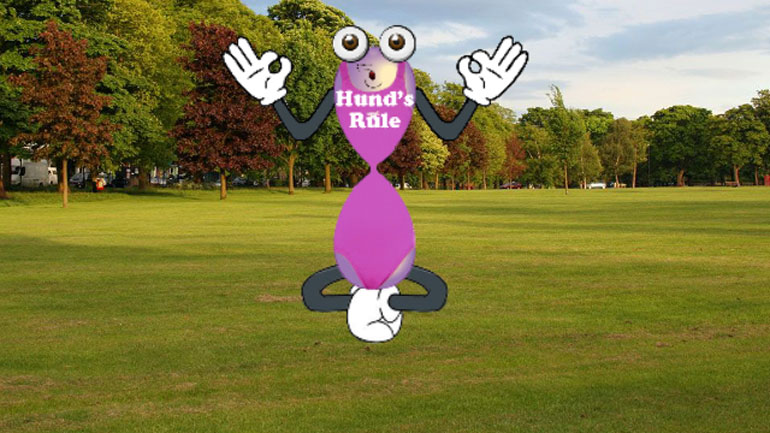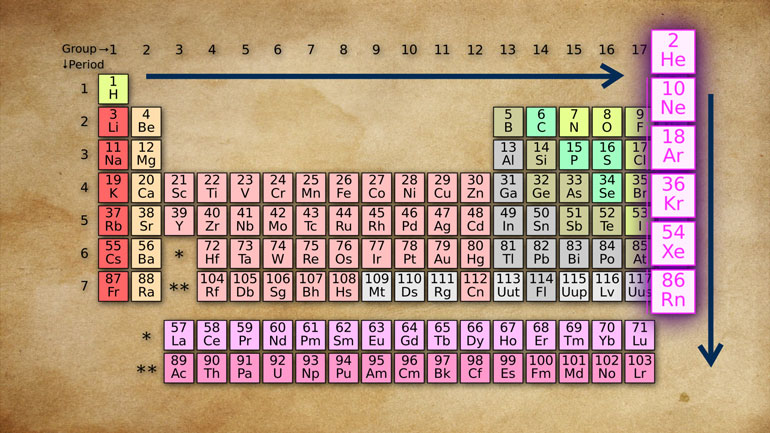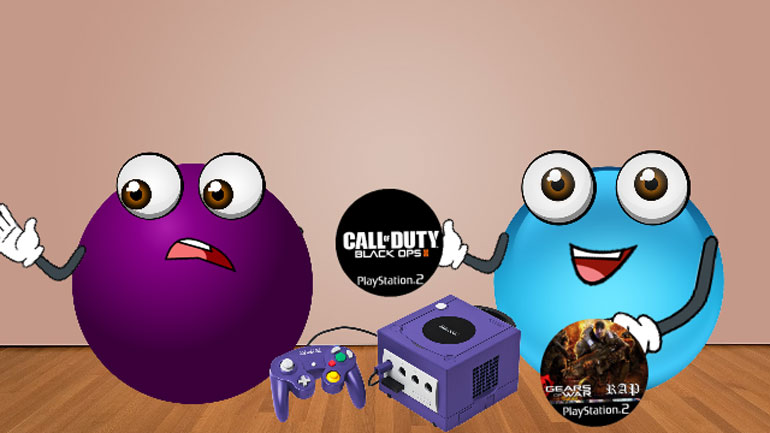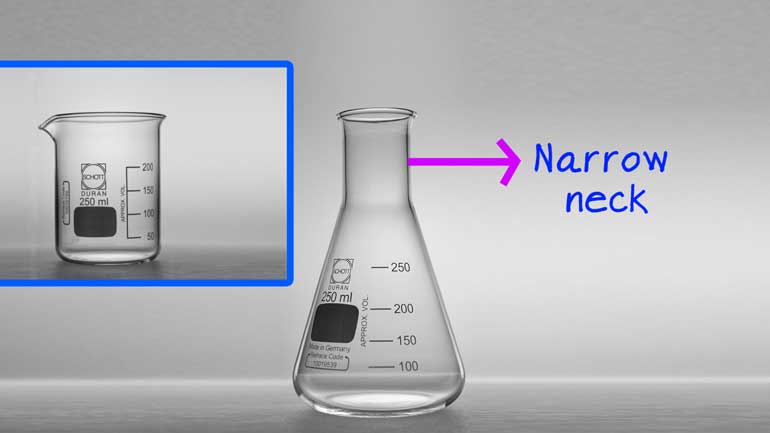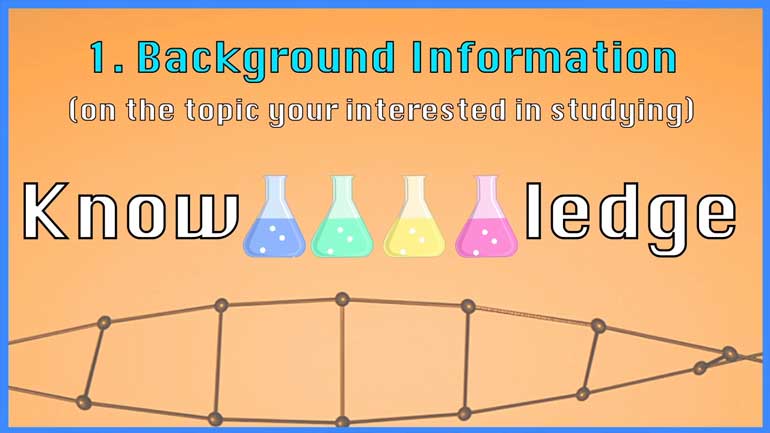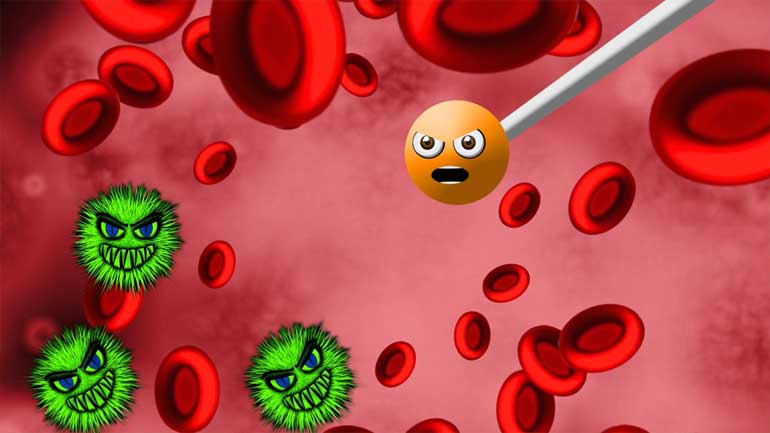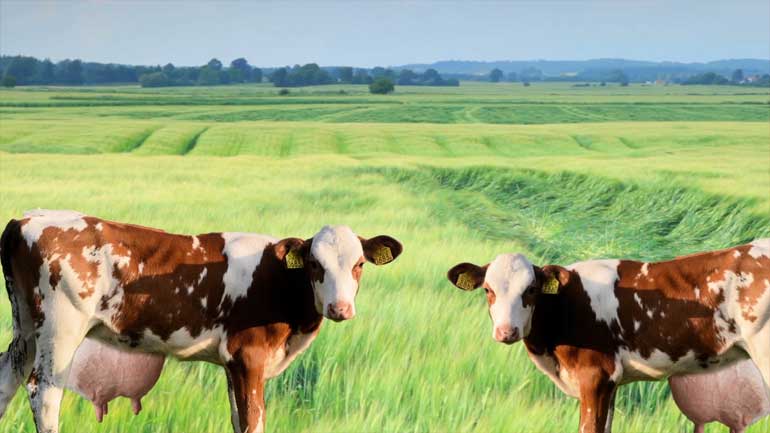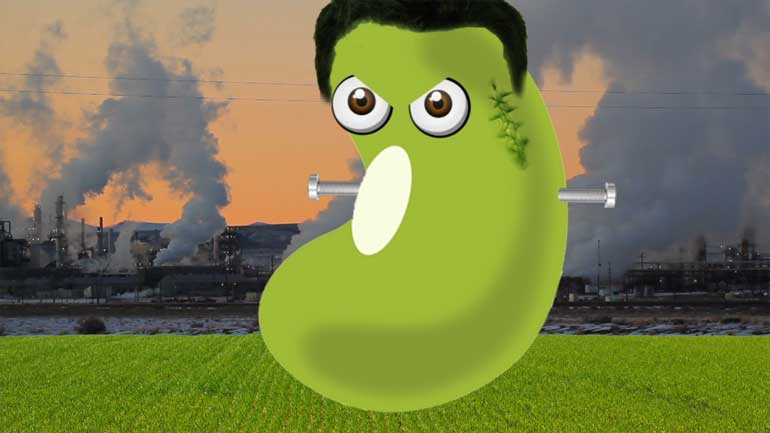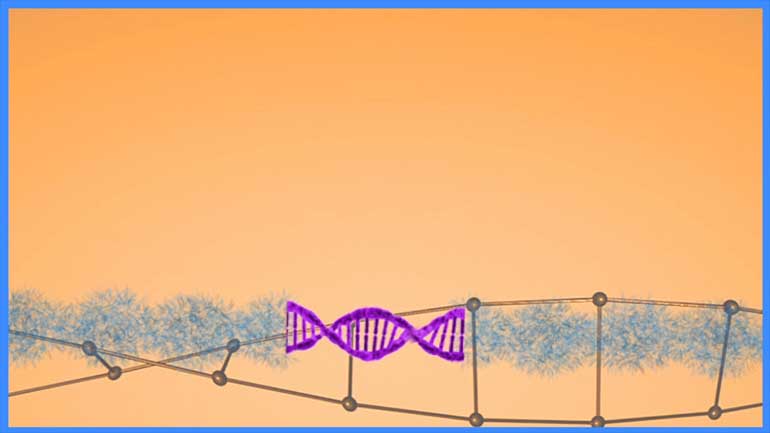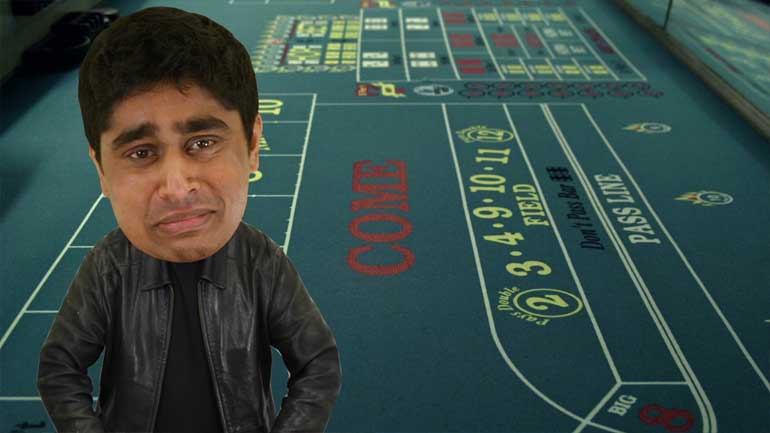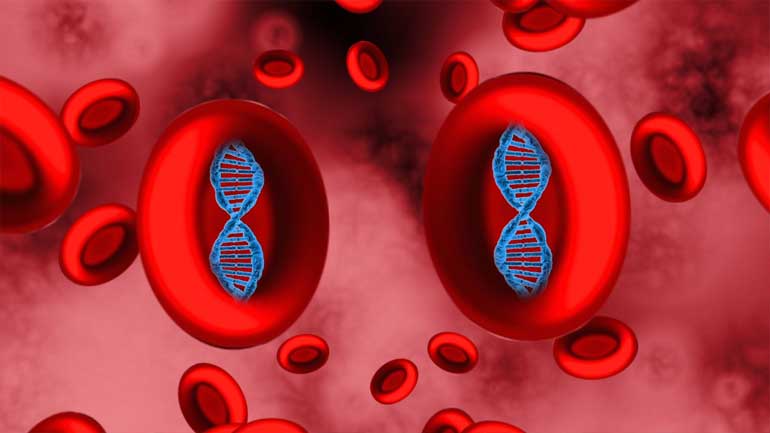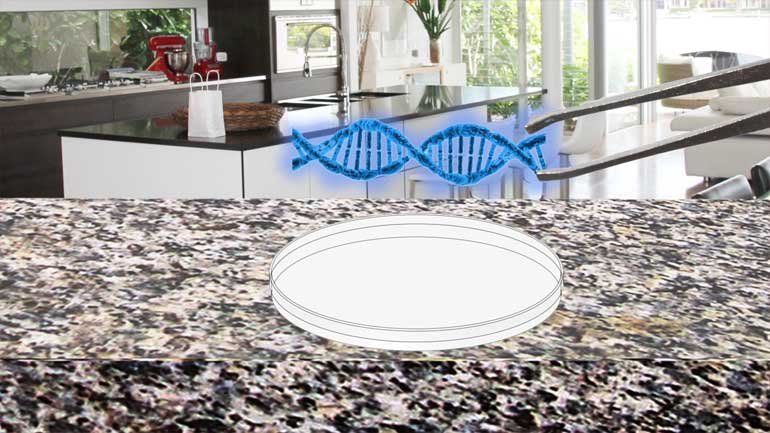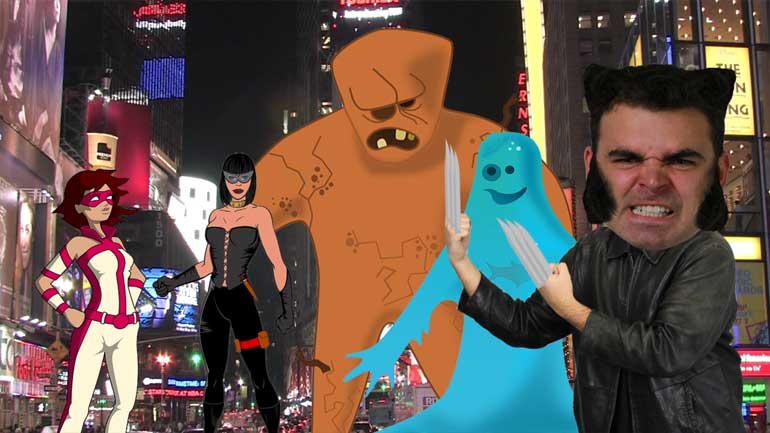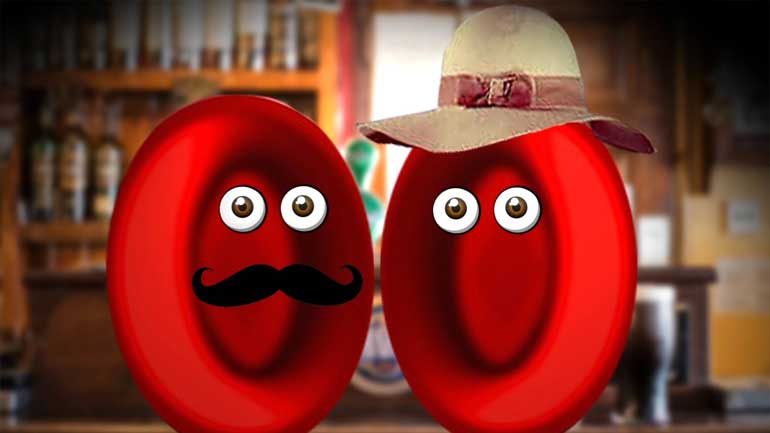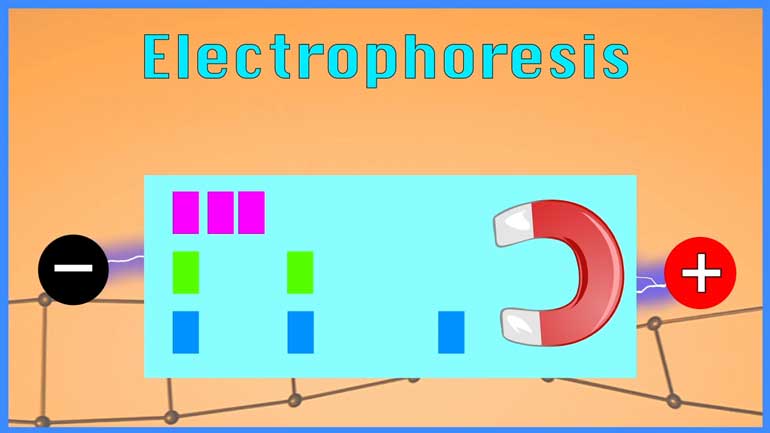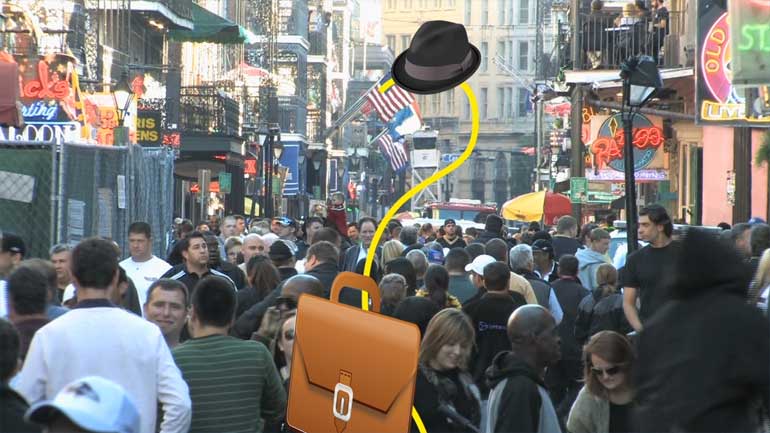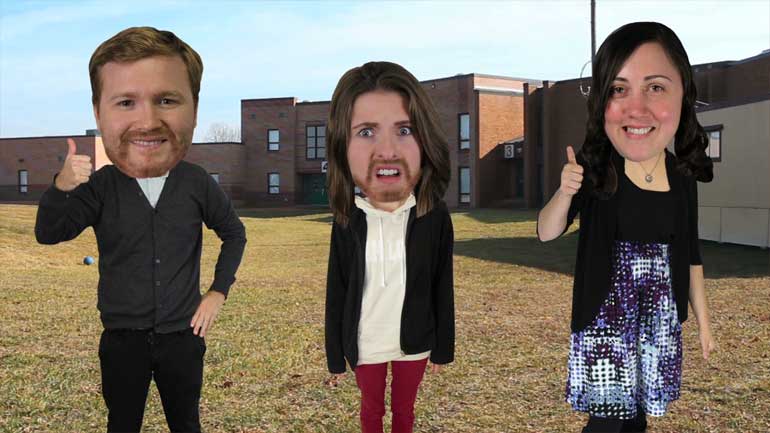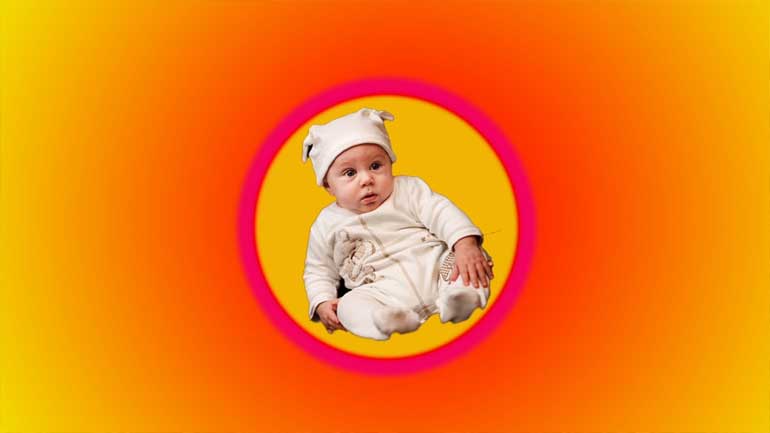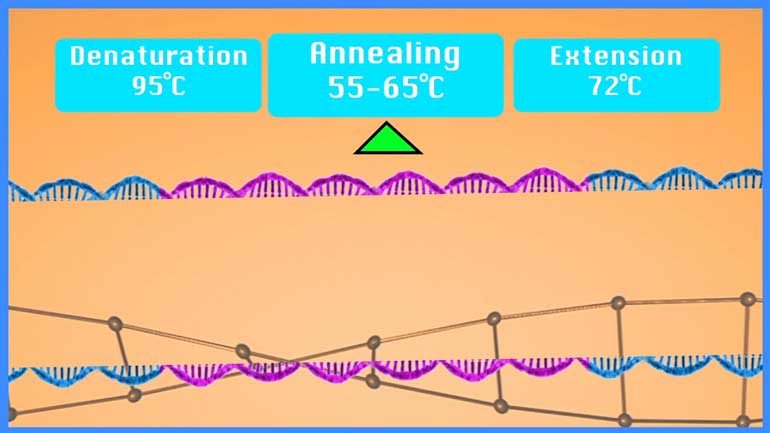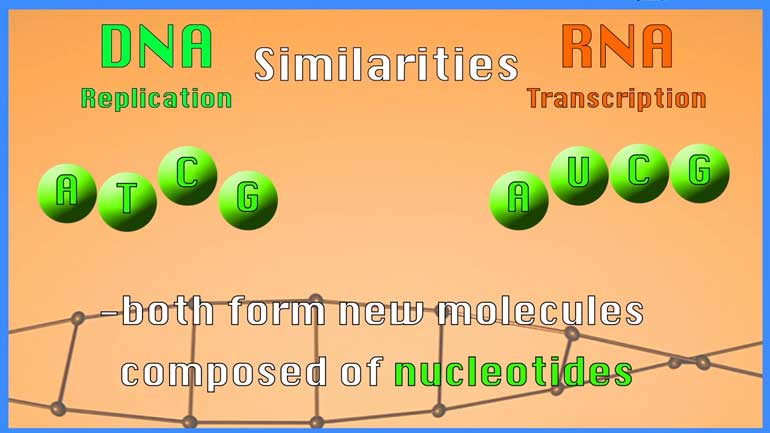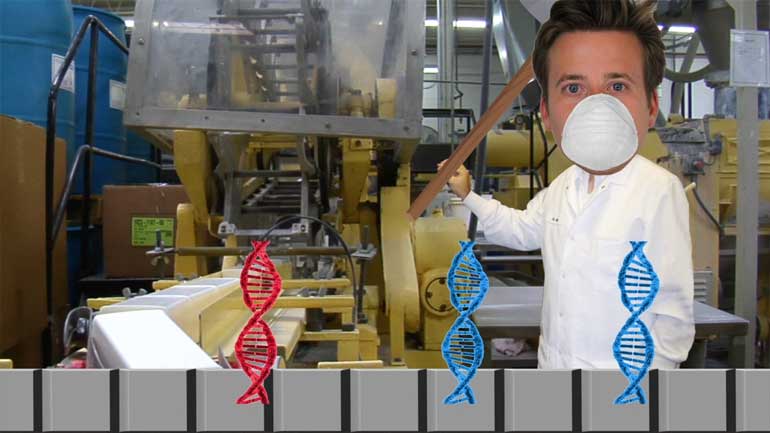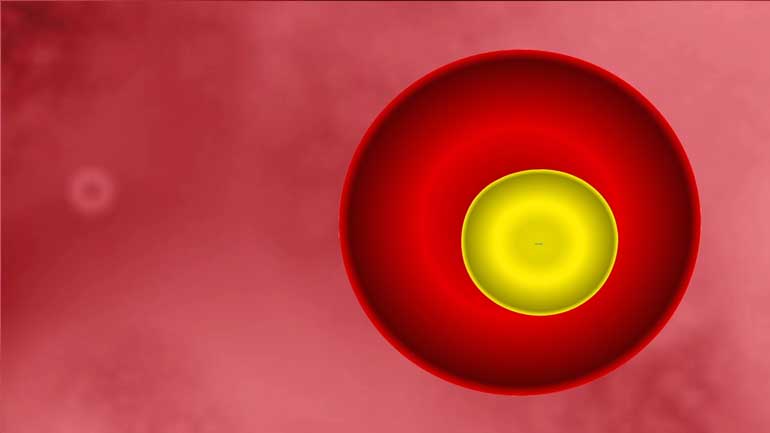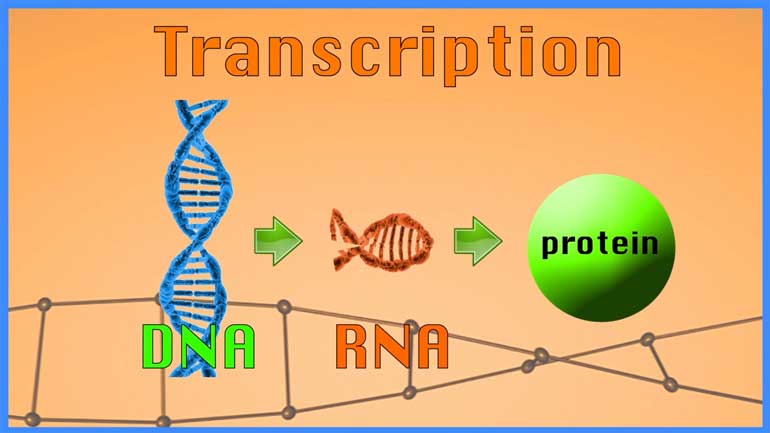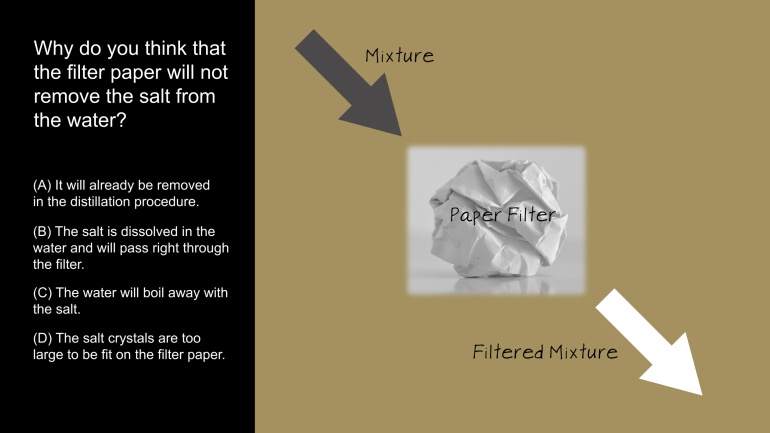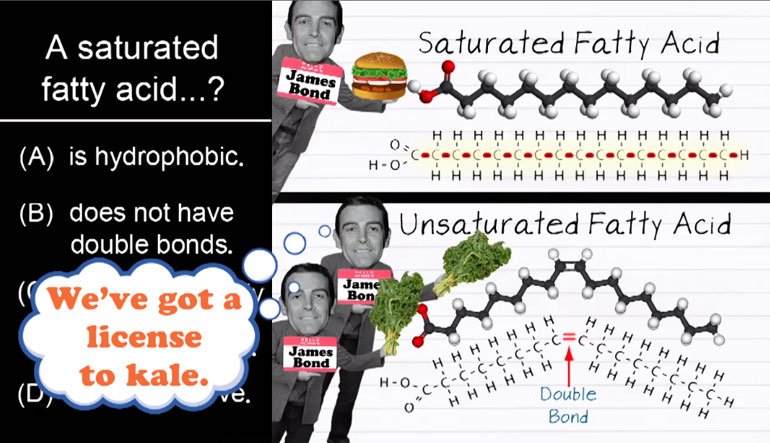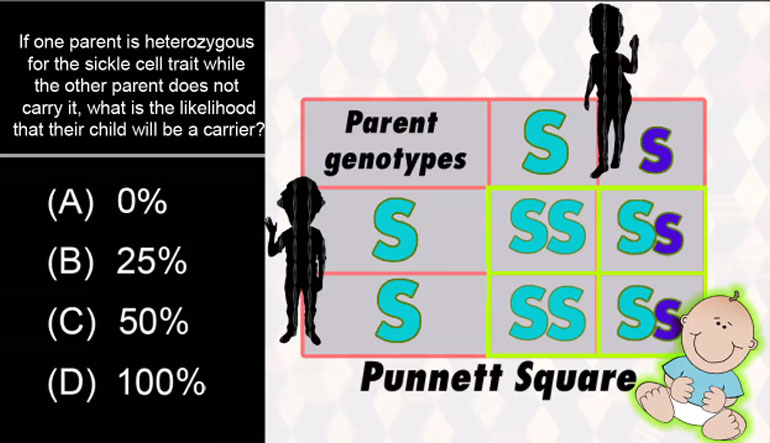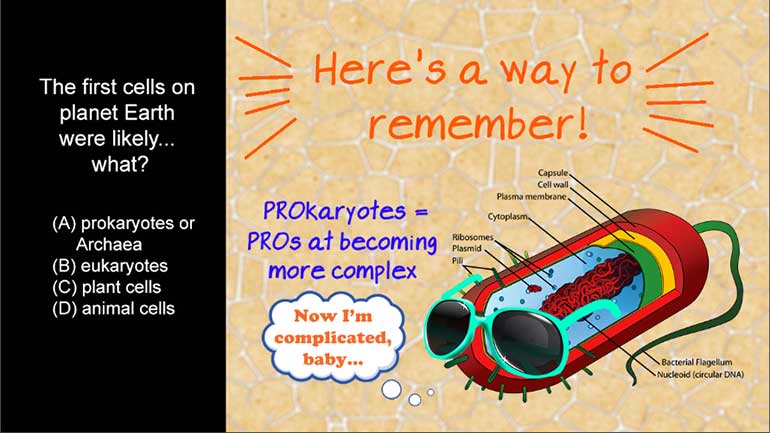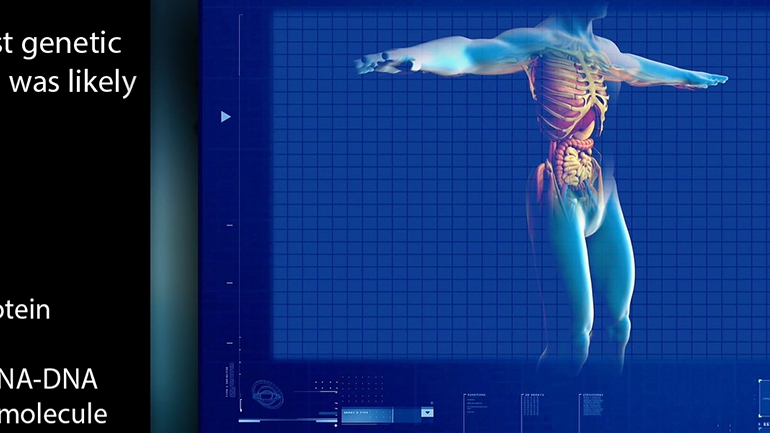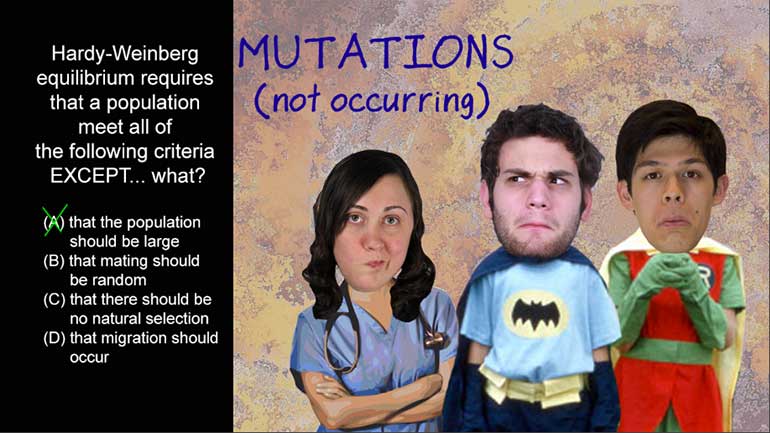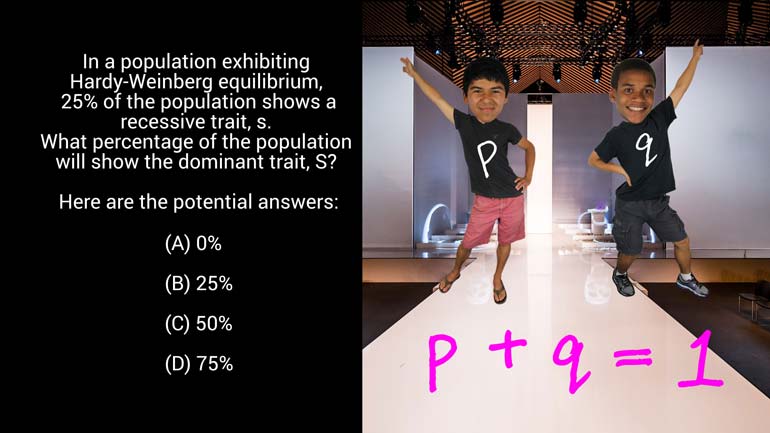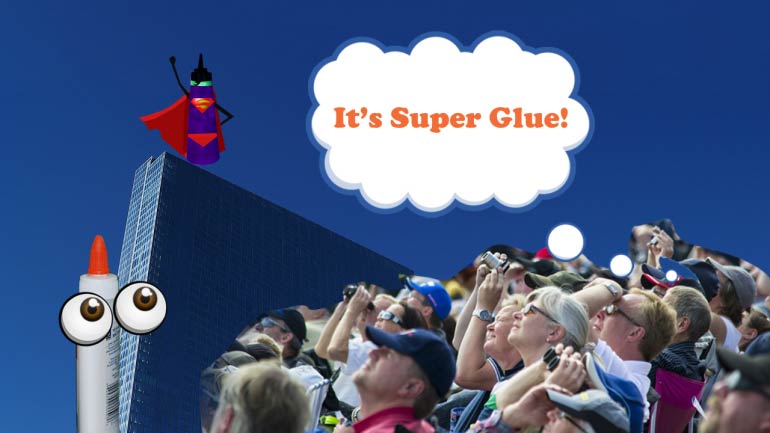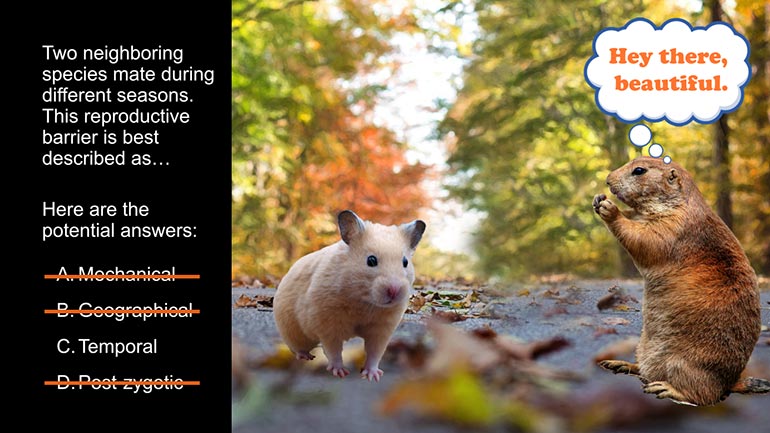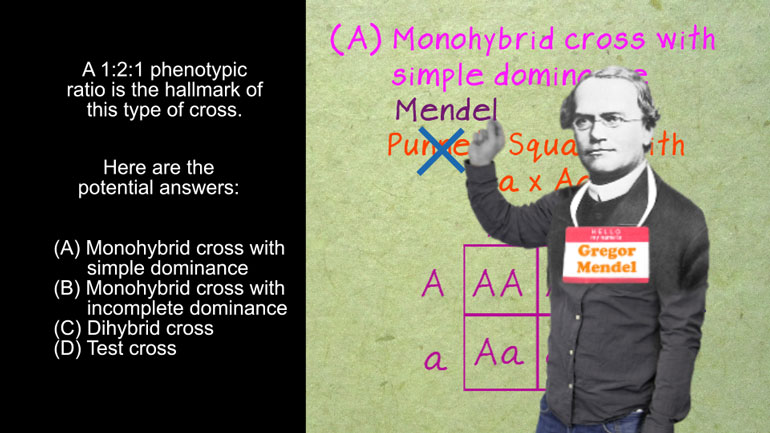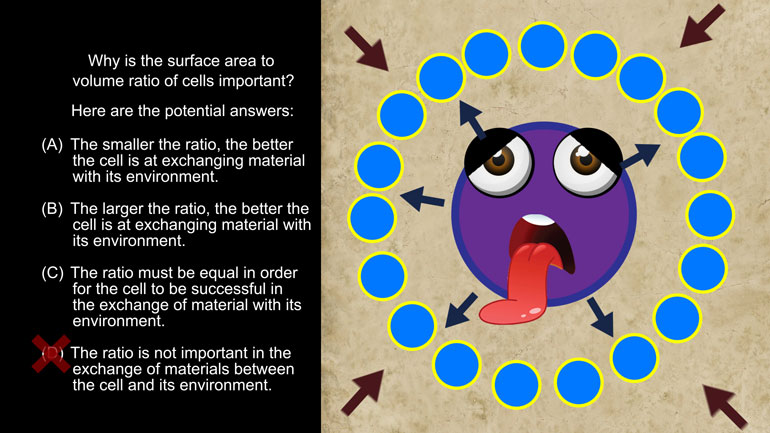ShmoopTube
Where Monty Python meets your 10th grade teacher.
Search Thousands of Shmoop Videos
Science Videos 686 videos
In this video, we dive beneath the sea to review the kinds of interesting animals that live in the deep blue.
Anything that has a cell (bacteria, listen up!) has phospholipids that keep the cell contained and give it form and shape. Phospholipids protect us...
Molecular Genetics: Biotechnology 422 Views
Share It!
Description:
In this video from our course on molecular genetics, learn all about Biotechnology.
Transcript
- 00:00
[ whoosh ]
- 00:01
We speak student!
- 00:03
[ whoosh ]
- 00:07
Molecular Genetics
- 00:08
Biotechnology
Full Transcript
- 00:10
A la Shmoop
- 00:13
We're talking biology with Dr. Ruth Tennen,
- 00:16
and we're gonna talk now about biotechnology.
- 00:19
So, Ruth, tell us -- give us a good definition for what we mean.
- 00:24
'Cause biotechnology can be, probably, many, many things.
- 00:26
Give us a good definition.
- 00:27
What is biotechnology?
- 00:30
So, in the case that I usually think about it,
- 00:33
biotechnology is using organisms like bacteria and yeast
- 00:36
for useful purposes other than what they normally do.
- 00:40
Got it. Okay, fair enough.
- 00:42
Give us some examples.
- 00:44
Like, you know, making medicine...
- 00:47
...talked about insulin and stuff.
- 00:49
- Yep. - Making crops and so on.
- 00:51
Give us some other areas where biotechnology
- 00:53
is being used today and it actually is working.
- 00:56
Yeah, so, definitely making genetically modified crops.
- 00:58
So, for example, there's something called golden rice,
- 01:01
which is a rice variety.
- 01:03
They added a gene so that - or, a series of genes -
- 01:05
so that it makes vitamin A.
- 01:06
So it makes, basically, the rice more nutritious.
- 01:08
So that's one thing, kind of, genetically modifying plants.
- 01:10
Making medicines...
- 01:12
[ cheering ]
- 01:13
Making -- You can make bacteria that might eat oil.
- 01:16
That would be helpful for oil spills.
- 01:18
There's all sorts of --
- 01:18
And there's huge international consortia that are, kind of, trying to figure out,
- 01:21
"How can we combine different interesting genes to make
- 01:23
bacteria do useful things for us?"
- 01:25
But what I know
- 01:26
a lot of people seem to worry about
- 01:28
is that when we genetically modify things
- 01:30
using biotechnology that we don't know what
- 01:33
the after effects are.
- 01:34
So, for example, adding vitamin A to rice.
- 01:37
Are we then replacing rice's resistance to some virus?
- 01:42
Or some other thing that it has that we don't know about
- 01:46
and couldn't know about until it's 400 generations
- 01:49
of replication down the line
- 01:51
and then it comes back to bite us?
- 01:53
[ growling ]
- 01:54
And there's, like, all these Hollywood movies that, you know,
- 01:56
you read about where it ends up in zombie land.
- 02:00
[ ominous music ]
- 02:02
So how does that work?
- 02:03
Like how should we think about that in a rational way,
- 02:05
not by journalists from the left or the right,
- 02:07
you know, trying to get a rating.
- 02:10
Is biotechnology dangerous?
- 02:13
In terms of unforeseen negative consequences,
- 02:15
there are always safety issues whenever you're
- 02:17
genetically manipulating things.
- 02:19
Usually, in the lab, there are safeguards.
- 02:20
So, the bacteria we manipulate in the lab would not
- 02:22
be able to survive outside of the lab anyway,
- 02:25
so that wouldn't cause a problem.
- 02:26
[ evil laugh ]
- 02:28
There's really no scientific evidence that genetically modified crops
- 02:32
or things like that cause real damage, so...
- 02:35
Then why is there so much political, you know,
- 02:39
blabber about all that stuff?
- 02:40
I think part of it is that it's kind of
- 02:42
just like the "yuck" factor.
- 02:44
It's kind of a weird thing.
- 02:45
People shouldn't be playing God.
- 02:46
They shouldn't be doing things like this.
- 02:47
And then there's also obviously, like,
- 02:49
corporate interests coming in.
- 02:50
[ growling ]
- 02:53
What would the lobby be to say,
- 02:54
"No, don't use biotechnology to make better rice"?
- 02:57
Yeah, I think it's like, sometimes small farmers
- 02:59
might not want to be beholden to Monstanto
- 03:02
to get genetically modified crops.
- 03:05
Things like that.
- 03:06
[ mooing ]
- 03:08
And for all you future lawyers out there,
- 03:10
note that there's no scientific evidence
- 03:13
that GMOs as a whole
- 03:15
damage human health or the environment.
- 03:18
But don't just take one expert's opinion.
- 03:21
Get Googling and read all about the subject
- 03:23
if you're interested in learning more.
- 03:27
[ whoop ]
- 03:28
What is biotechnology?
- 03:32
In what areas do we use biotechnology?
- 03:35
Is biotechnology dangerous?
- 03:41
[ growling ]
Related Videos
In this video, we dive beneath the sea to review the kinds of interesting animals that live in the deep blue.
Anything that has a cell (bacteria, listen up!) has phospholipids that keep the cell contained and give it form and shape. Phospholipids protect us...
GMOs. Now that’s a scary word. Or is it? Guess it’s time to ask ourselves: WWMST? ...For those of us who don’t constantly ask ourselves “wh...
